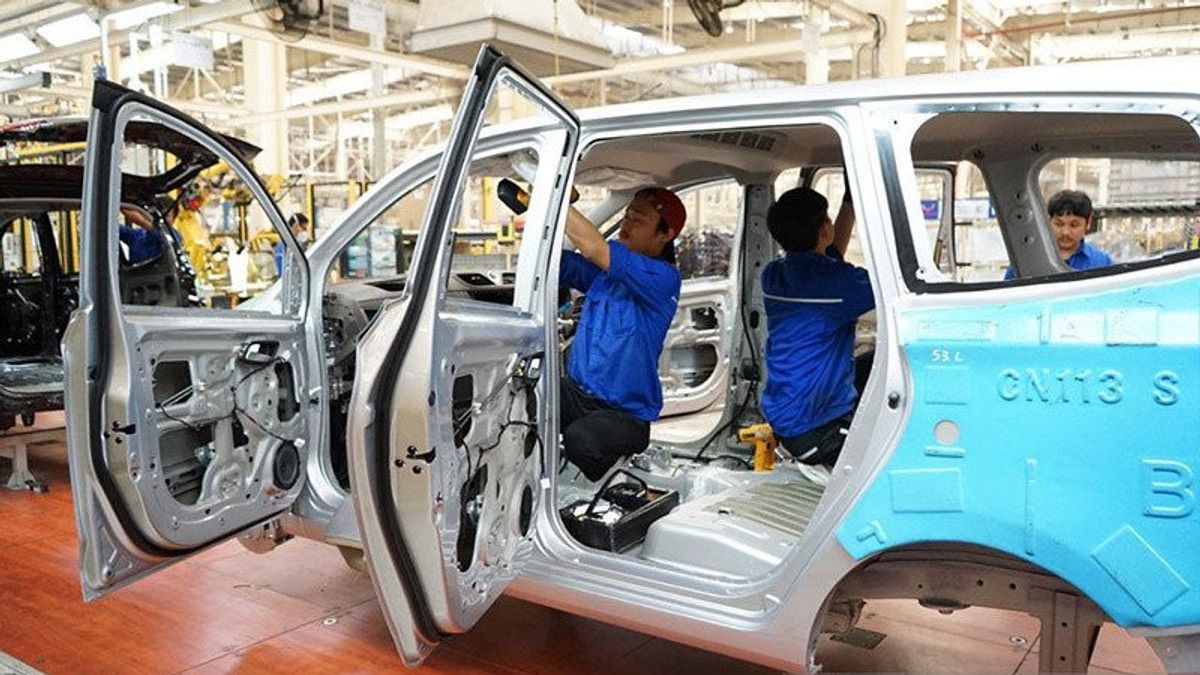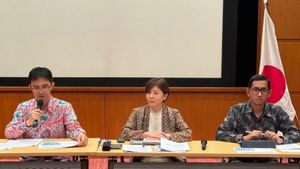JAKARTA - Head of the Fiscal Policy Agency (BKF) of the Ministry of Finance, Febrio Kacaribu, considers that the manufacturing sector is one of the backbones of the Indonesian economy, which is quite strategic. According to him, the performance of the manufacturing sector as reflected in the Purchasing Managers Index (PMI) is an important barometer in encouraging election efforts during the pandemic.
This was conveyed by Febrio in response to the decline in the Manufacturing PMI for the November period, which slipped slightly to 53.9 from the previous 57.2 in October 2021.
"This figure shows that pandemic control measures are increasingly bearing fruit (Manufacturing PMI remains expansive above level 50)", he said in a press statement quoted on Thursday, December 2.
Febrio added that the government will remain vigilant and anticipate the dynamics of the development of the pandemic to ensure that the productive sector is not further affected.
"Control efforts will continue so that the economic recovery, especially the manufacturing sector, can be stronger and more consistent", he said.
SEE ALSO:
Despite being in the best category, the domestic manufacturing sector has several challenges that must be resolved immediately.
“There is still an accumulation of work buildup due to increased demand and delivery constraints. Furthermore, buying activity recorded an increase, thereby increasing purchasing stock. The same thing can be seen in the growing stock of production products, as a result of soaring production and delays in shipments", he explained.
Furthermore, Sri Mulyani's subordinate said that another thing that needs to be observed is the price of production inputs increasing with the fastest inflation rate in the last eight years driven by rising material prices and transportation costs along with limited supply.
"This illustrates the existence of price pressure at the producer level which is then partly passed on to consumers which drive prices up at the consumer level", he said.
The English, Chinese, Japanese, Arabic, and French versions are automatically generated by the AI. So there may still be inaccuracies in translating, please always see Indonesian as our main language. (system supported by DigitalSiber.id)













